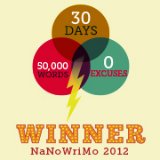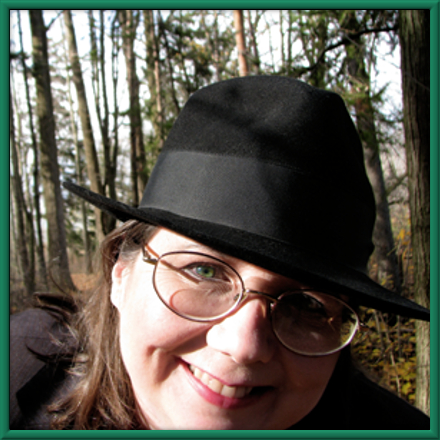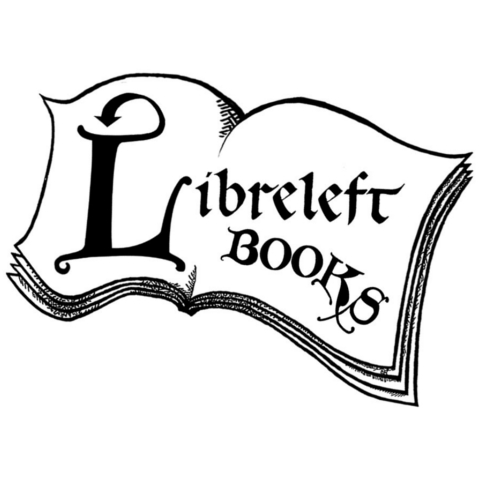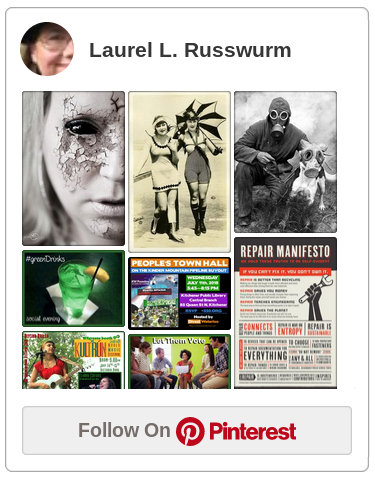Authors Must Filter Editorial Advice
The world has changed dramatically since I first decided to try my hand at writing a novel in the ninth grade. Back then, it never occurred to me to even mention I was writing a novel to my English teacher. And if “how-to” reference materials existed, I certainly never saw any. Had I known any actual novelists I might have asked them for help.

Today help for writers is everywhere; social media has changed everything. These days, most writers establish a web presence, which can mean:
- a Facebook page,
- a website,
- a blog,
- an author page,
- a Twitter account,
- a novel serialization, or
- all of the above.
The one thing we can all write about is our own experience. And we do. Today there is so much advice floating around in the digital arena we need to pick and choose.
Most of us need someone else to look at our work, a gentle reader to point out that we’ve marooned a character in chapter seven, or driven our plot into a wall on page 156. Someone has to tell us that the character we thought we’ve made sympathetic actually comes across as a whiner. We all need someone to tell us whether the words we’ve written communicate what we think they do. Some of us get editorial advice from an editor assigned by the publishing house we’ve contracted with, others get it from the editor we’ve hired ourselves. Although I consider myself a good editor, I know I am too close to the words I’ve written to be able to edit them without the benefit of the fresh eyes provided by my team of beta readers.
No matter where we get our editorial advice, as with any advice, authors need to decide whether the advice is applicable and/or appropriate to our needs.
Some of my favorite online resources are live chats on Twitter. The very first I ever stumbled across was LitCh@t, which is still going strong with three hour-long chats every week. Writers and readers come together to discuss our craft. the nature of the Internet means that we are no longer bound by our geographic chains. Today I’d like to pass along some very good advice from LitChat:
Lauren Baratz-Logsted: On Editoral Advice
“A great editor provides not just a description on what is wrong but also a prescription on how to fix. The most important thing for the author to remember: It is *your* book. Always remember that, but then keep calm.
“Revision advice comes in myriad clothing but, really, it all boils down to three things.
“1) Advice that is good and sometimes even so obvious, you wonder why you didn’t think of it yourself – so you make the change.
“2) Lateral changes – something that will please the editor but in no way alters the integrity of your work/vision; make the change.
“3) A suggestion that, if adopted, would destroy the integrity of your work/vision; no matter who the editor, you don’t make change.”
— Lauren Baratz-Logsted on LitCh@t‘s Media Monday Twitter conversation May 6th, 2013
You can read the entire chat online here:
LitChat: Author/Editor Relationships
But my favorite part of today’s chat was Lauren’s lovely suggested response to an editor’s critique :
“Thank you. You’ve given me a lot to think about.”
Thank you, Lauren!
























 Project Gutenberg
Project Gutenberg Project Gutenberg Canada
Project Gutenberg Canada